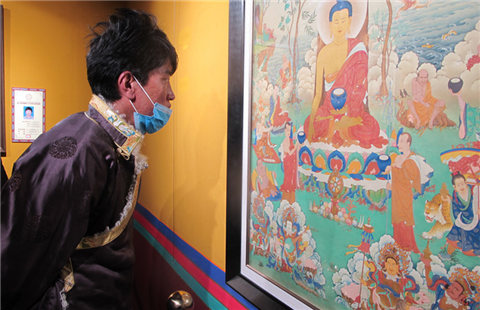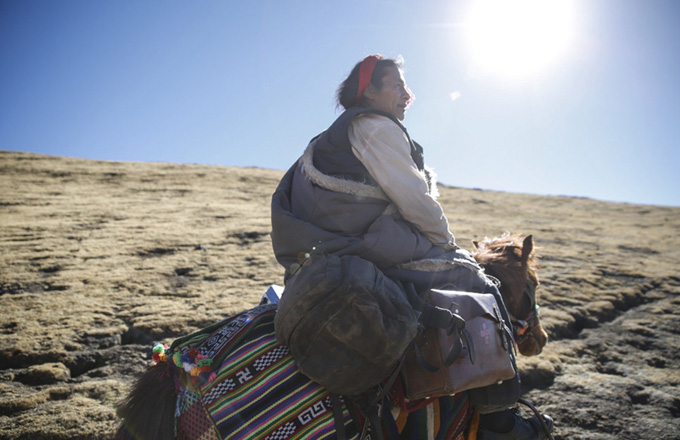Bird flu kills 2 and sickens 3 in Anhui
Human bird flu has killed two people in China this winter, but the chance of large-scale outbreaks remains low nationwide, a senior health official said on Friday.
"The nation is at risk of sporadic human bird flu cases now, in the peak season of viruses, but the chance of a mass outbreak is very slim," said Mao Qun'an, spokesman for the National Health and Family Planning Commission.
Local health authorities in East China's Anhui province confirmed on Friday that there have been five H7N9 bird flu cases in the province since Dec 8 and two people have died.
One of the deaths was reported in Xuancheng and the other in the provincial capital of Hefei, according to the Anhui Health and Family Planning Commission. The victims' names and information on when they died were not disclosed.
The three other cases were in Hefei and Lu'an, in Anhui.
This week, two additional cases of people infected with the H7N9 strain of bird flu were reported in Shanghai and in Xiamen, Fujian province. Both patients are receiving medical treatment.
H7N9, a strain of bird flu most likely to strike in winter and spring, was first reported to have infected humans in China in March 2013.
He Xiong, deputy director of the Beijing Center for Disease Control and Prevention, said that bird flu infection, despite variant strains like H7N9 and H5N6, is mainly an avian rather than human illness, so there's no need to worry about an outbreak.
While there have been individual human infections, "The viruses never spread among humans," he said, dismissing the prospect of large-scale human outbreaks.
Mao said that China maintains steady and sound surveillance of the avian and human populations and would soon know of any change in the health situation.
Also, "Live poultry markets, which are believed to be the hot spots for a bird-to-human transmission of bird flu, have long been placed under strict control," he said on Friday at a news conference on medical reform held by the State Council Information Office..
"China's disease response system, particularly for infections that can strike animals and people, is a joint effort by human health and agriculture departments and among different areas of the country. Because of this, China is well prepared to contain outbreaks," Mao said.
He warned people to avoid frequent contact with wild birds and live poultry.
In south China, live poultry markets are common.


















